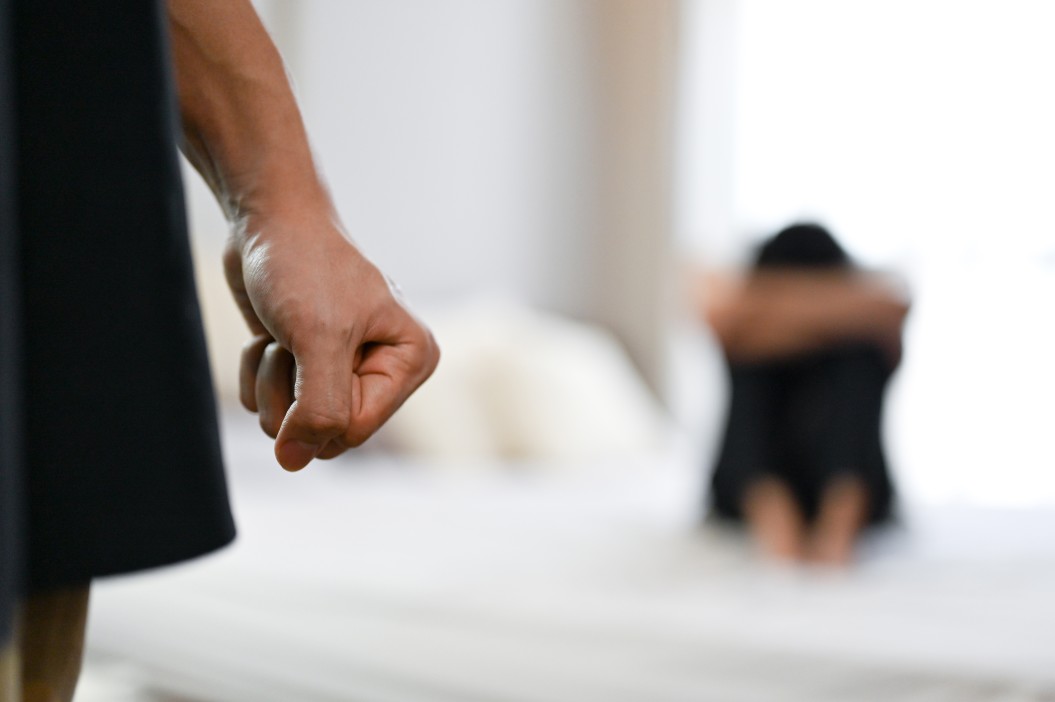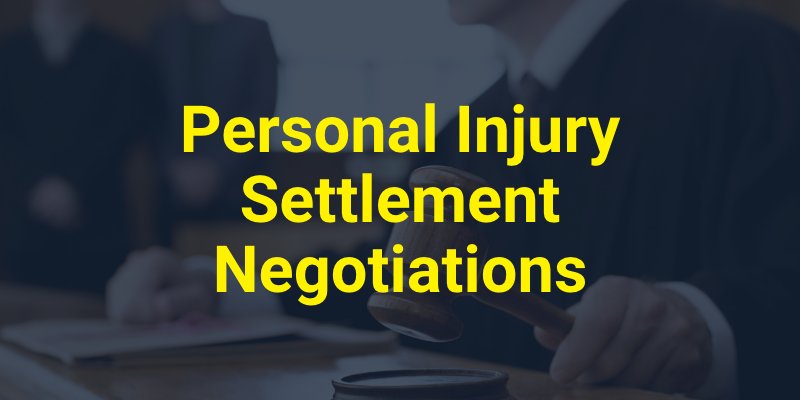Florida Domestic Violence: What You Need To Know

Domestic violence hits home for way too many people across the country. One in four women and one in nine men are going through this nightmare right here in the U.S. Florida does not mess around with such issues — the laws are tough to make sure victims get protection, and offenders do not get off easy.
So, knowing your rights when faced with domestic violence charges is not just helpful; it is crucial for taking control of your situation and ensuring a safer path forward.
Understanding Florida’s Take on Domestic Violence
Florida’s definition of domestic violence covers more than just physical harm. It is a legal term that encompasses various forms of abuse, including assault, battery, stalking, and even kidnapping between family or household members.
Domestic violence might occur between spouses, partners who live together like a family, or relatives by blood or marriage. It does not stop at the door; it includes threats and intimidation, too. Understanding this broad definition is crucial for anyone involved in such cases in Florida because it highlights potential protections you may not realize exist.
Exploring Penalties for Domestic Violence in Florida
Penalties for domestic violence in Florida hinge on the nature of the underlying crime. If someone commits assault within a domestic context, the charges and penalties align with standard assault laws. However, adding “domestic” to violence can amplify consequences significantly.
Repeat offenders face tougher outcomes. For example, an initial charge might result in probation or mandatory counseling, but a second offense could lead to stiffer penalties, like jail time and more severe restrictions.
Florida courts take repeat behavior seriously because it signals an ongoing threat to victim safety.
Understanding Life’s Ripples After a Domestic Violence Conviction
Beyond legal penalties, a domestic violence conviction carries significant personal and professional impacts. Jobs could be on the line since many employers hesitate to hire someone with such a record.
For those with kids, child custody arrangements often shift unfavorably. Courts prioritize children’s safety and may limit visitation rights or require supervised visits.
Socially, reputations can suffer, too. Friends and family might distance themselves due to the stigma surrounding domestic violence charges. These broader consequences underline the importance of addressing accusations seriously and seeking proper legal assistance.
Navigating Restraining and Protective Orders in Florida
In Florida, victims of domestic violence can seek restraining or protective orders to safeguard themselves. These legal tools prevent contact between the victim and the accused, providing a layer of security. If you are receiving such an order, it is crucial to understand its restrictions.
“These orders typically mean no direct communication with the protected person—no calls, texts, or visits. Violation could lead to criminal charges and jail time,” says criminal defense lawyer Douglas Leifert of Leifert & Leifert.
If you face one, consult a lawyer immediately for guidance. They can help navigate these constraints while respecting the order’s boundaries. Knowing your legal options ensures compliance and reduces potential penalties.
Finding the Right Legal Help for Your Domestic Violence Case
Trying to tackle a domestic violence case on your own is a big no-no. Sure, the lawyers assigned by the court might not be top-of-the-line, but they are better than flying solo. If your wallet can handle it, splurging on a private attorney is worth considering.
When looking for a criminal defense attorney, you want someone with solid experience in domestic violence cases who knows how to communicate clearly and understands Florida’s specific laws. This type of knowledge isn’t just helpful—it can seriously influence how things play out.






